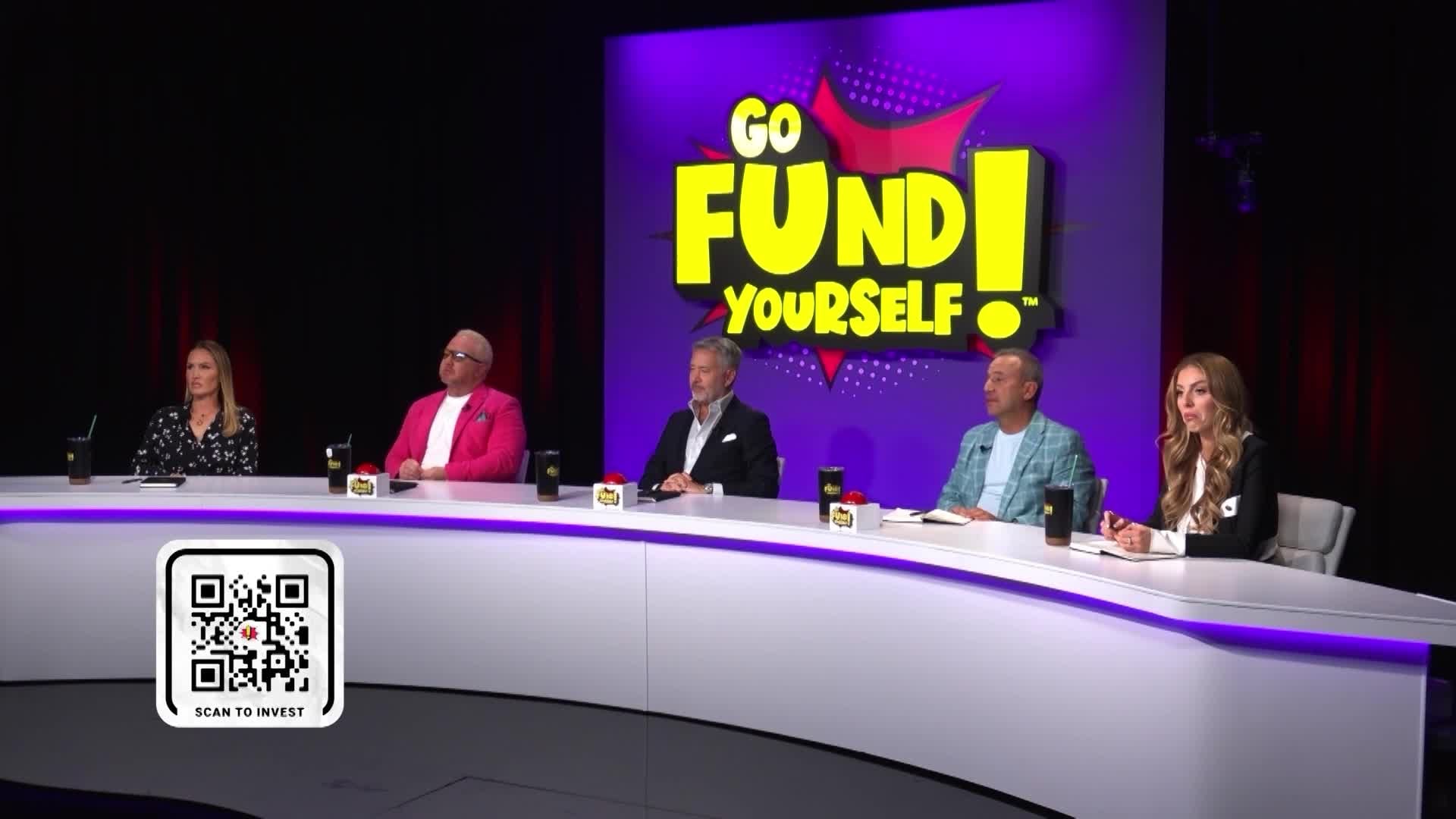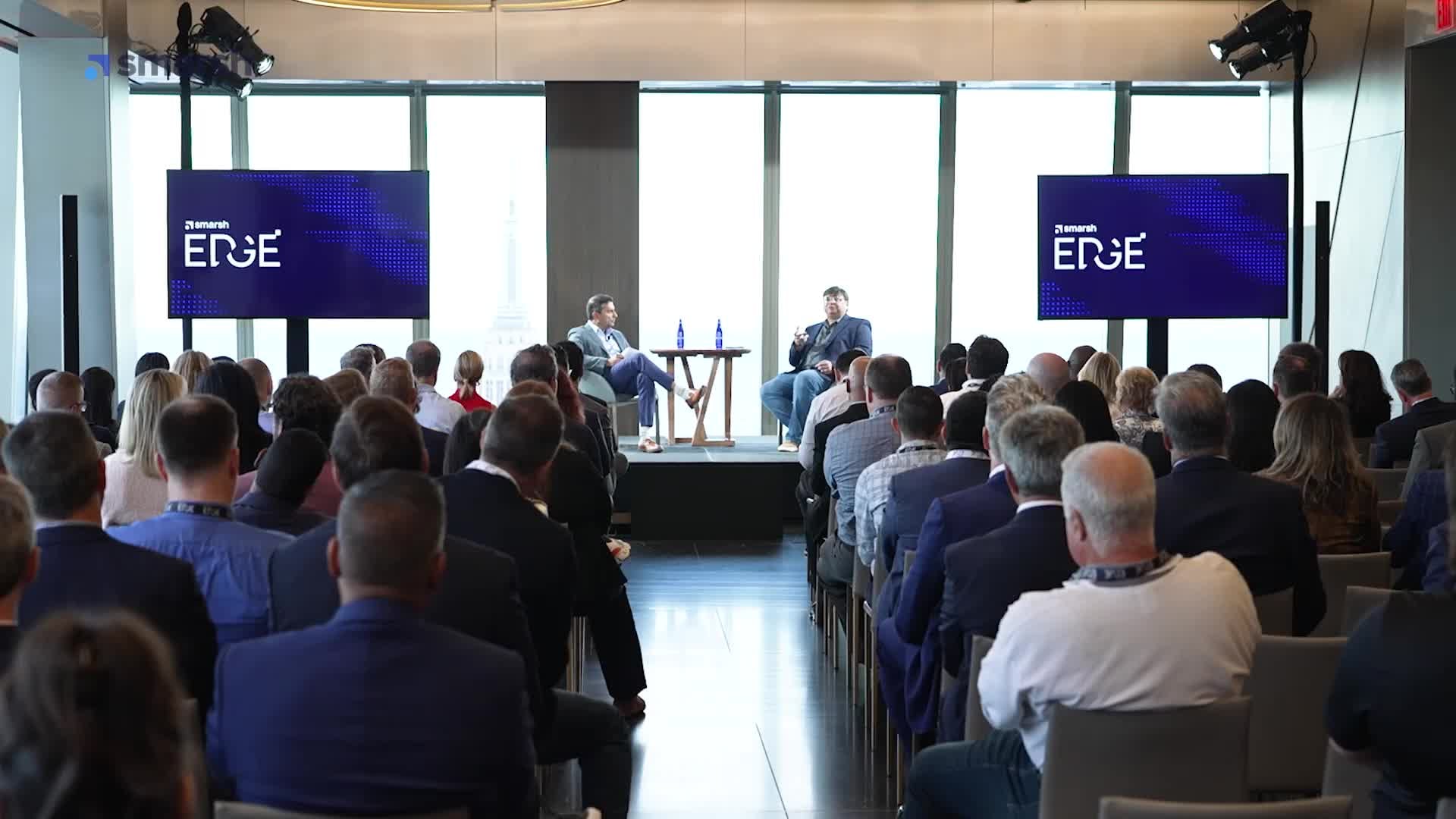Tilly Norwood, the AI “actress” that has tinsel town talking, is nothing to fear. Here’s why...
Norwood was created by the production company Particle6. Tilly is fully synthetic, designed to star in films, commercials, and other media. Critics, including actors’ unions like SAG-AFTRA and Equity UK, argue that Tilly threatens the livelihoods of real performers by using AI models trained on the work of human actors, effectively appropriating their contributions. There are also copyright issues, questions about consent, and fair compensation for actors whose data may have been used without explicit approval.
Not many people remember an earlier computer generated character called Aki Ross, the lead character from the forgotten 2001 film “Final Fantasy: The Spirits Within”. Despite being played by not one but two actors, she was billed as a movie star in her own right. She even got a Maxim magazine photoshoot, which I recommend looking up for the sheer absurdity of it. Producers frothed at the mouth for this “actress” while actors feared the loss of their jobs, but all of that noise proved fruitless as Aki Ross’s debut film flopped so hard at the box office, it shuttered the studio that produced it and all the character’s files were deleted.
Even if the movie was a success, Aki was an empty puppet. At the time of “Final Fantasy: The Spirits Within”, Tom Hanks believed these computer generated “actors” were an imminent threat, and these same sentiments are being echoed by people like June Squibb about Tilly Norwood, but they are wrong.
The most famous movie about AI is “Terminator 2: Judgement Day,” and it proclaims there is “no fate but what we make.” I believe that’s true. These artificial creations are not the future if we don’t want them to be. Thanks to the wonderful work of SAG Aftra, Norwood will never be in a real production, which makes Tilly less than a footnote compared even to Aki Ross. At least Aki Ross was in a movie.









